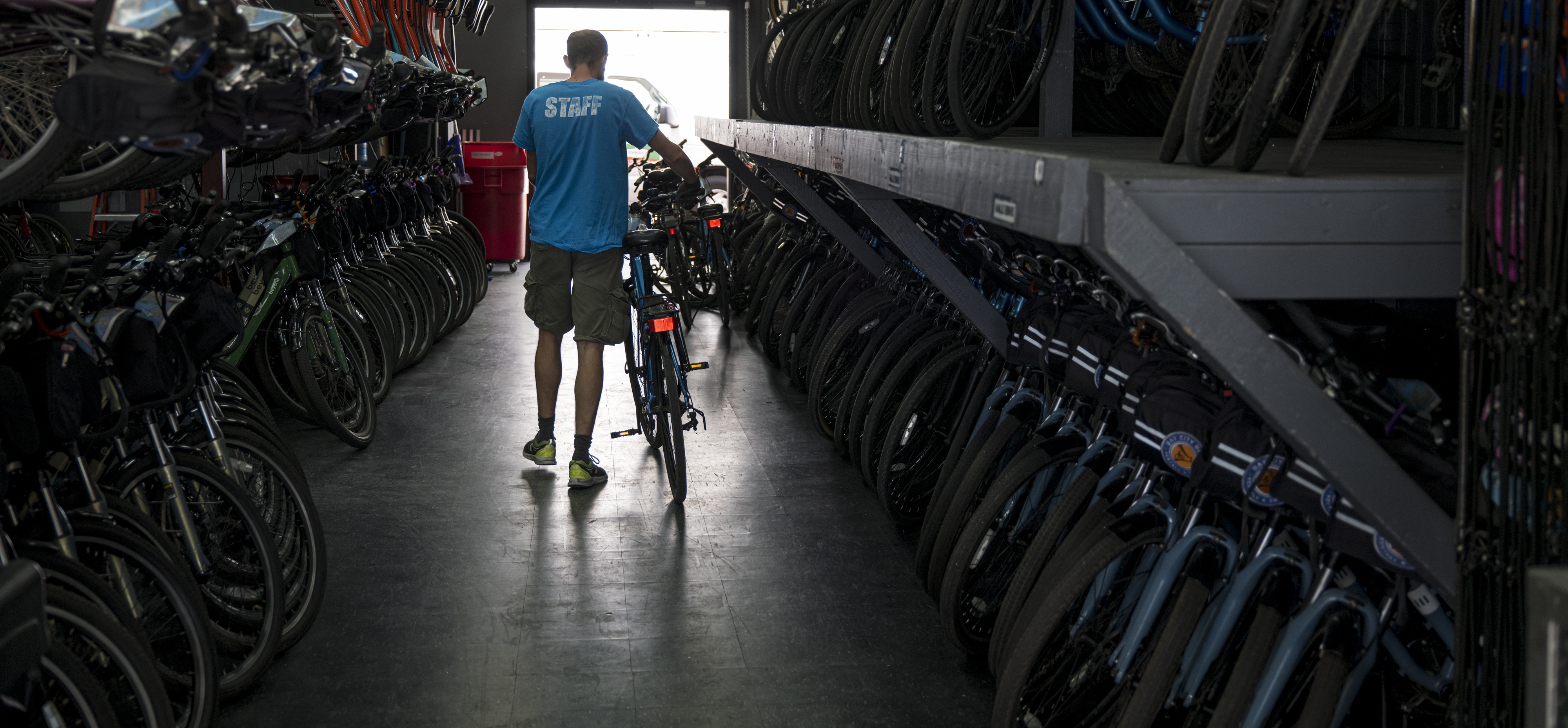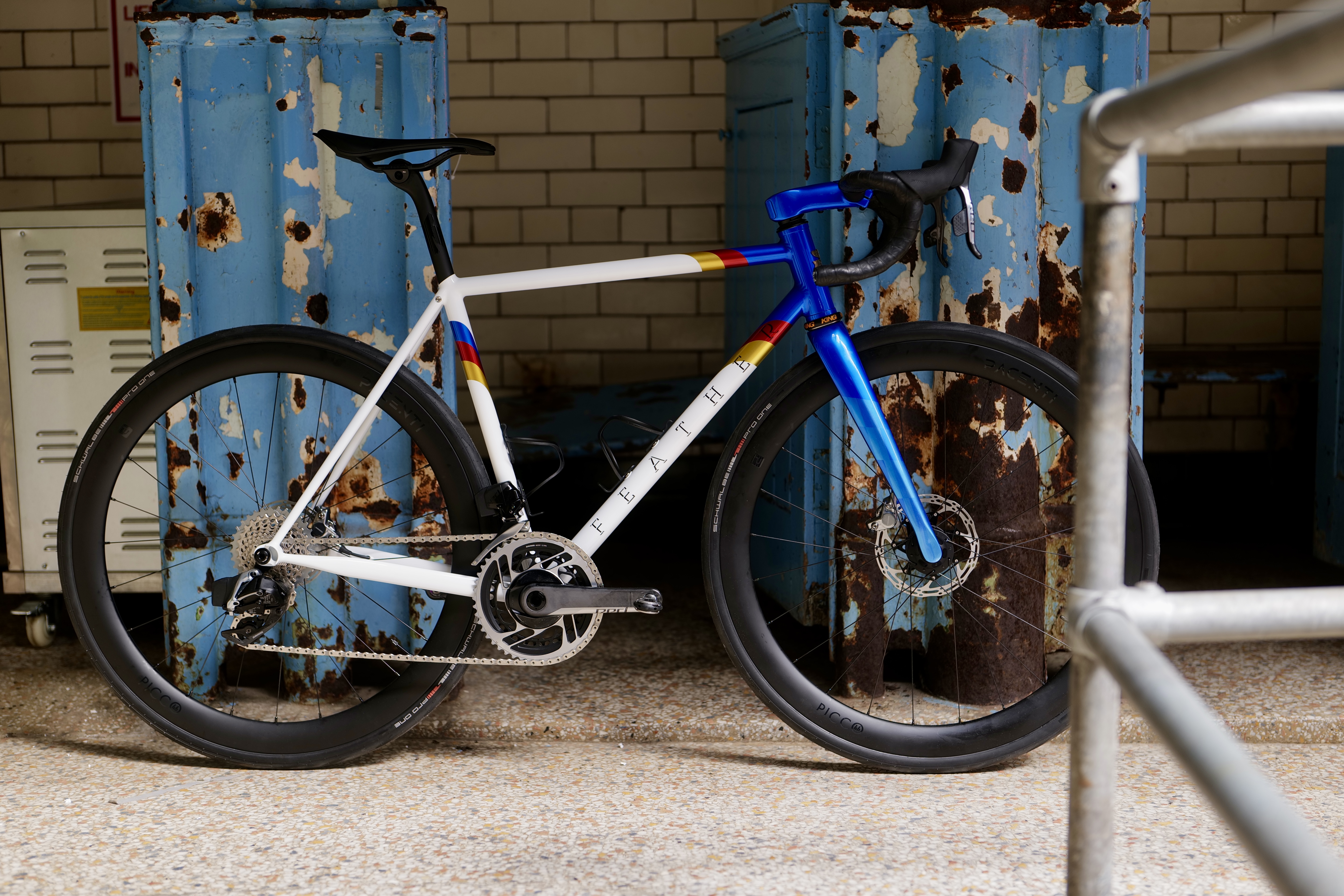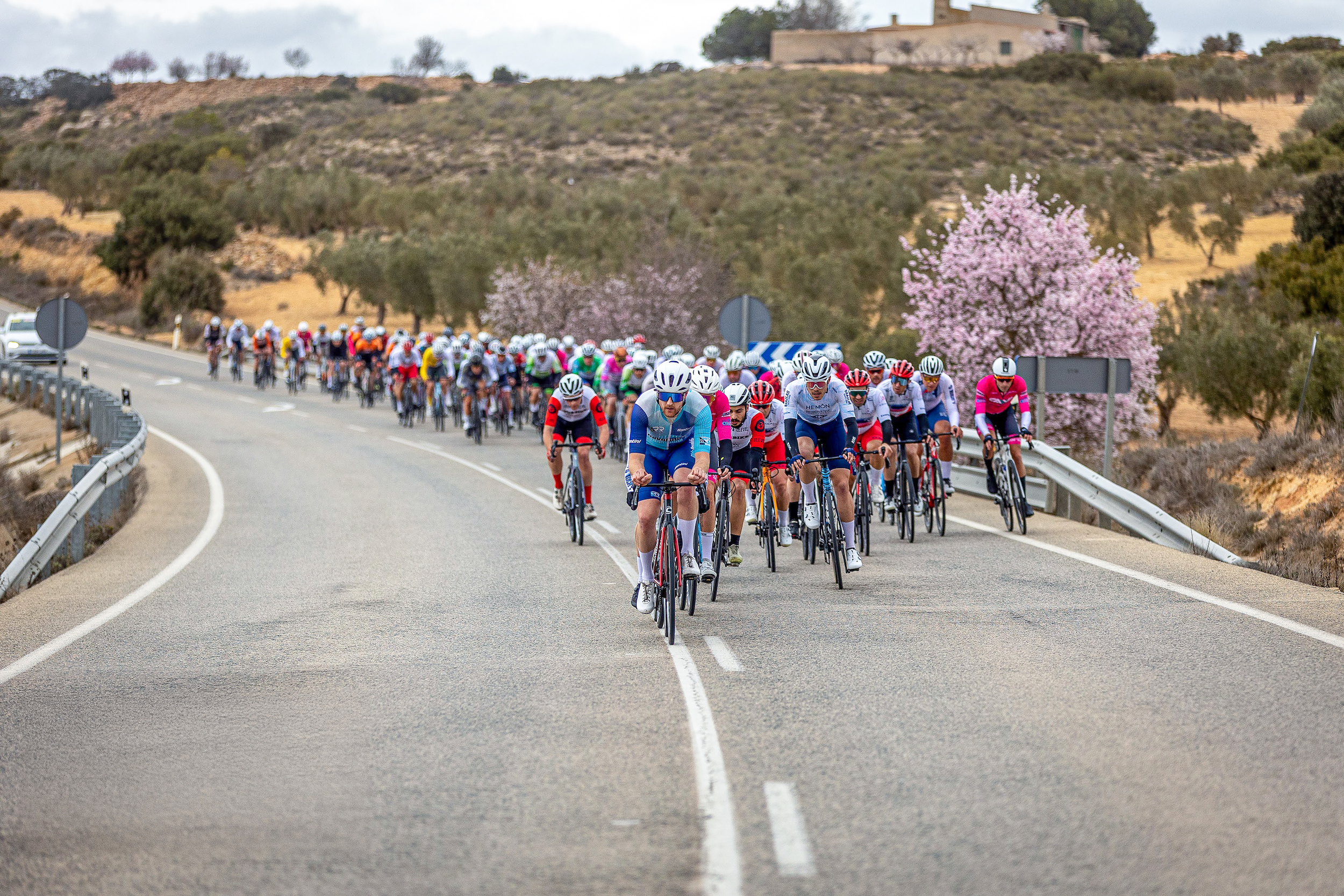You don’t have to be a straight white man to work in the bicycle industry, but it helps - report finds
Approaches to equality, diversity and inclusion were described as 'tokenistic and shallow' with responses revealing 'cultures of harassment and unfair treatment'


The bicycle industry continues to be an environment where ethnic minorities feel unable to be themselves, people with disabilities feel they must hide them, and many women and non-heterosexual people experience harassment and are less likely to remain in their positions - a report has found.
Pointing to the wider impact, the report also found that "excluding those with other backgrounds" may "make cycling less attractive to a wider community."
A report released by the Bicycle Association, and delivered in collaboration with Cycle Industries Europe’s Women in Cycling programme, found that senior leaders within the industry are "overwhelmingly white, heterosexual men."
Qualitative data was said by the report authors to reveal "cultures of harassment and unfair treatment."
One female working for a small supplier/manufacturer/brand in Asia said: "The number of times I have been sexually harassed merely because I was one of few, or indeed the only women in the mix, is only topped by the number of instances I have been discriminated against for being a woman in a ‘man’s environment’."
A white, gay man referred to his experience of approaches to equality, diversity and inclusion as "tokenistic and shallow."
The cycle industry is intolerant of people who don't want to wear Lycra kit and ride racing bikes.
Report responder
An open-ended question revealed - according to the report - that a "narrowly-defined enthusiasm for cycling" could be a career barrier, the authors noting that this not only impacts the industry but also "make[s] cycling less attractive to a wider community;" one responder said: "the cycle industry is intolerant of people who don't want to wear Lycra kit and ride racing bikes."
Get The Leadout Newsletter
The latest race content, interviews, features, reviews and expert buying guides, direct to your inbox!
Just over half (52%) of ethnic minority employees said they felt free to be themselves at work, vs 84% of white respondents, and almost half of those with accessibility needs had not disclosed them to their employers. Two thirds of non-heterosexual respondents said they had been made to feel uncomfortable by the behaviour of others (that was directly related to their gender, race, age, marital status, disability, pregnancy/maternity, religion or sexual orientation) - along with half of women and people in ethnic minority groups.
Alarmingly, 71% of female respondents said they were considering leaving the industry, far exceeding similar intentions in the automotive industry, where 40% of women are considering leaving. Only 20% of non-heterosexual people, 29% of women, 23% of those in ethnic minority groups and 22% with accessibility needs considered themselves as having a lifelong career in cycling, vs 48% of men and 39% of white respondents.
In terms of suggestions for improving on the stats, the report listed seven actions for change. There were to:
1 Lead an inclusive, anti-discriminatory culture
2 Implement bullying and harassment policy and communicate to all employees
3 Diversify leadership teams
4 Make pay equitable
5 Introduce flexible working and paid leave entitlements
6 Offer mentoring and career development to all
7 Give more visibility to women and marginalised groups
Opening the report, managing director at Giant UK - Ian Beasant - noted: "The cycle industry offers a future that is exciting, engaging and rewarding; we now must ensure that opportunity is there for all. We together can be the change and the catalyst for the future."
The report was completed by 1,123 working in the industry, with 44% in the UK, 34% in Europe and 30% outside Europe; 32% worked for suppliers, manufacturers and brands whilst 20% were in retail, 12% worked for service providers, 9% in logistics and 7% for cycling rental schemes; 41% did cycling related jobs in other areas such as not for profit groups, government, education/training and media - the number exceeding 100% as some listed more than one area.

Thank you for reading 20 articles this month* Join now for unlimited access
Enjoy your first month for just £1 / $1 / €1
*Read 5 free articles per month without a subscription

Join now for unlimited access
Try first month for just £1 / $1 / €1
Michelle Arthurs-Brennan the Editor of Cycling Weekly website. An NCTJ qualified traditional journalist by trade, Michelle began her career working for local newspapers. She's worked within the cycling industry since 2012, and joined the Cycling Weekly team in 2017, having previously been Editor at Total Women's Cycling. Prior to welcoming her first daughter in 2022, Michelle raced on the road, track, and in time trials, and still rides as much as she can - albeit a fair proportion indoors, for now.
Michelle is on maternity leave from April 2025 until spring 2026.
-
 BESPOKED SHOW MANCHESTER: 11 highlights we loved from the show
BESPOKED SHOW MANCHESTER: 11 highlights we loved from the showIf you need a break from the stiffer, lighter, faster approach to bicycle design, head to Bespoked to check out the small-batch approach and soak up the good vibes
By Andy Carr
-
 Why the silence? Are there really no gay riders in the men's pro peloton?
Why the silence? Are there really no gay riders in the men's pro peloton?Despite growing LGBTQ+ visibility in other sports, representation in male pro cycling remains entirely absent. David Bradford speaks to British racers and asks, why the stubborn silence?
By David Bradford